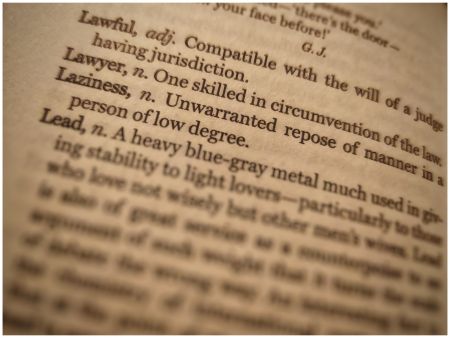A priori: Difference between revisions
Jump to navigation
Jump to search
Amwelladmin (talk | contribs) Created page with "{{g}}Necessarily true. Not requiring evidence. True by definition." |
Amwelladmin (talk | contribs) No edit summary |
||
| Line 1: | Line 1: | ||
{{ | {{def|A priori|/ɑː prɪˈɔːri/|adj|[[File:Rene Descartes.jpg|thumb|[[Je pense, donc je suis]] amirite peeps?]]}}Necessarily true. Not requiring evidence. True by definition. Relating to or denoting reasoning or knowledge which proceeds from theoretical deduction rather than from observation or experience. In the olden days this was a limited number of rather useless circularities - mathematics, for example. And [[Cartesian]] philosophy: I am wondering whether I exist, so it follows, to wonder, that I must. I mean, well, that’s profound, and thanks for writing in but it hardly gets us rice pudding and income tax without quite a stretch, does it? But the modern fad for [[reductionism]] the world — universe — ''multiverse'' even — opens up for us. We have solved it. Thus, the forthcoming [[singularity]]. | ||
Revision as of 19:42, 12 December 2020

|
A priori /ɑː prɪˈɔːri/ (adj.)
Necessarily true. Not requiring evidence. True by definition. Relating to or denoting reasoning or knowledge which proceeds from theoretical deduction rather than from observation or experience. In the olden days this was a limited number of rather useless circularities - mathematics, for example. And Cartesian philosophy: I am wondering whether I exist, so it follows, to wonder, that I must. I mean, well, that’s profound, and thanks for writing in but it hardly gets us rice pudding and income tax without quite a stretch, does it? But the modern fad for reductionism the world — universe — multiverse even — opens up for us. We have solved it. Thus, the forthcoming singularity.
